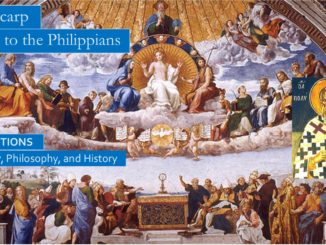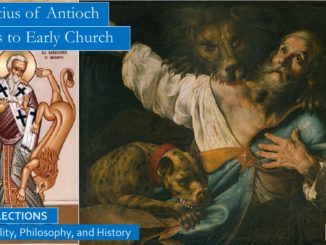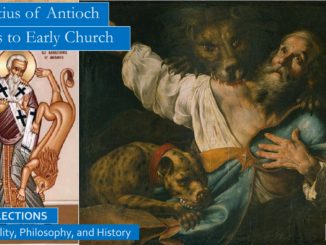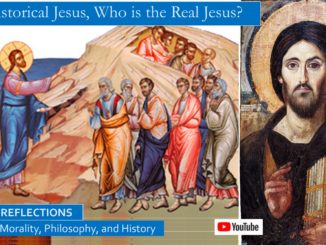We will not be talking about the Jesus of Meier because he respects the Tradition of the Church. Witherington credits Meier’s work with “caution and careful, detailed argumentation.” Unlike many other modern scholars, Meier does not dismiss the spiritual Gospel of John as a source of historical data about Jesus. Like the other historical Jesus scholars, Meier uses criteria to sift through the Gospel material, but he does not use the criteria to discard material, and he uses the criteria more conservatively. Most importantly, Meier sees the resurrection as a happening in the spiritual realm rather than the historical realm, but that this does not disprove the resurrection. It is still very real to the believer. Like Johnson, he distinguishes between the historical Jesus and the real Jesus, the Jesus of faith, Jesus who is truly the Son of God. […]




